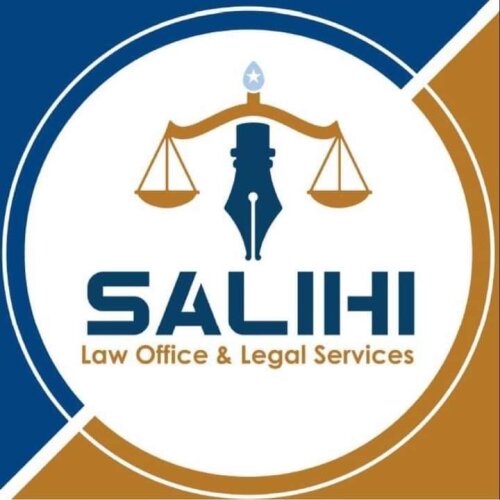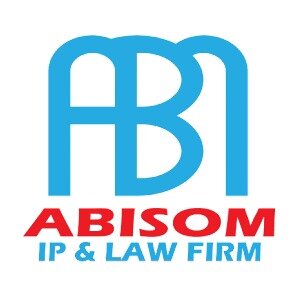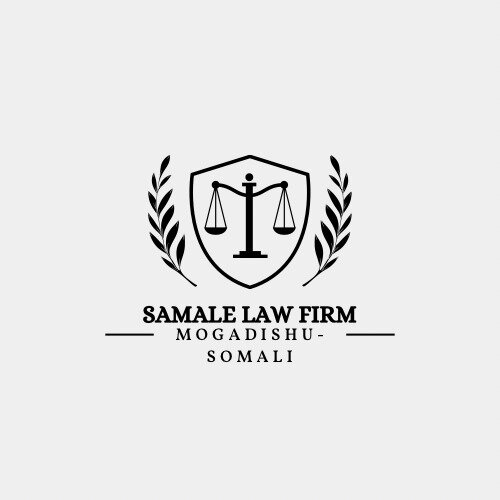Best Corporate Governance Lawyers in Somalia
Share your needs with us, get contacted by law firms.
Free. Takes 2 min.
Or refine your search by selecting a city:
List of the best lawyers in Somalia
About Corporate Governance Law in Somalia
Corporate governance refers to the structures, rules, and practices that help direct and manage companies. In Somalia, corporate governance is an evolving area of law, reflecting efforts to build robust institutions and promote business confidence as the country continues its recovery and growth. Although formal corporate governance frameworks have only started to develop in recent years, local and international businesses are increasingly recognizing the importance of good governance for transparency, accountability, and sustainable development.
Somalia’s approach to corporate governance is influenced by a mix of local law, customary practices, Islamic principles, and, where relevant, recognized international standards. These elements shape how businesses are registered, managed, and regulated.
Why You May Need a Lawyer
Several situations can give rise to the need for legal advice in the area of corporate governance in Somalia. Some of the most common include:
- Starting a new business or registering a company.
- Drafting or reviewing company bylaws and shareholder agreements.
- Addressing disputes among shareholders or directors.
- Ensuring compliance with local laws and regulations.
- Handling mergers, acquisitions, or restructuring of the company.
- Responding to government or regulatory investigations.
- Implementing anti-corruption measures and ethical business practices.
- Understanding the incorporation requirements for foreign investors.
A lawyer can provide valuable guidance, help protect your interests, and ensure that you fulfill your legal and ethical responsibilities as a company owner, director, or stakeholder.
Local Laws Overview
The key aspects of local laws governing corporate governance in Somalia are shaped by a combination of formal statutes, government regulations, commercial codes, and Sharia law. Important points to consider include:
- Company Registration: Businesses must register with the Ministry of Commerce and Industry, providing necessary documents such as articles of association, details of directors, and shareholder information.
- Corporate Structure: The law outlines requirements for limited liability companies, public companies, partnerships, and sole proprietorships. Governance structures should include directors and, where applicable, a board of directors.
- Director Duties: Directors and company officers must act in the best interests of the company, avoid conflicts of interest, and ensure compliance with legal obligations.
- Shareholders’ Rights: Laws protect shareholders’ rights to vote, access information, and receive dividends.
- Reporting and Transparency: There are requirements for maintaining company records, conducting annual meetings, and submitting reports to regulatory authorities.
- Dispute Resolution: Commercial disputes may be resolved through courts or, in some cases, alternative dispute resolution mechanisms, including arbitration and mediation.
- Anti-Corruption: Somalia has introduced measures to strengthen anti-corruption frameworks and ensure ethical business practices.
It is essential to stay updated on changes, as Somalia's legal environment is developing rapidly and new reforms may be introduced.
Frequently Asked Questions
What does corporate governance mean in the Somali context?
Corporate governance in Somalia involves establishing clear rules, decision-making structures, and accountability mechanisms for companies. It guides how companies are registered, managed, and held accountable to stakeholders.
Is it mandatory to have a board of directors?
For most companies, especially limited liability and public companies, having a board of directors is required by law. The board plays a key role in overseeing management and ensuring compliance with legal obligations.
How are disputes between shareholders resolved?
Disputes may be settled through negotiation, mediation, arbitration, or the courts, depending on what is outlined in the company’s governing documents and the nature of the dispute.
Can foreigners own and manage companies in Somalia?
Yes, foreign ownership is allowed, but there are specific registration and regulatory requirements. It is important to consult with local authorities or a legal advisor to ensure compliance.
What are the main director responsibilities in Somalia?
Directors must act in the best interest of the company, comply with the law, avoid conflicts of interest, and be transparent in their management of company affairs.
What documentation is needed to register a company?
Typically, you will need identification documents, articles of association, details of directors and shareholders, and proof of registered address, among other requirements set by the Ministry of Commerce and Industry.
How often do companies need to report to authorities?
Companies are required to keep accurate records and, in most cases, file annual reports and financial statements with relevant authorities. The specifics can depend on the company type and size.
What anti-corruption laws apply to companies?
Somalia has implemented anti-corruption policies for the private sector. Companies are expected to establish internal policies and comply with laws that prohibit bribery, corrupt practices, and fraud.
What is the role of shareholders in company governance?
Shareholders have the right to vote at annual meetings, elect directors, receive financial information, and participate in significant corporate decisions.
Can traditional Somali practices influence company governance?
Yes, in practice, customary law (Xeer) and Islamic principles may influence how companies are managed, especially in areas not fully covered by formal laws. However, formal statutory requirements must still be fulfilled.
Additional Resources
For more detailed information or assistance, consider reaching out to the following:
- Ministry of Commerce and Industry: The primary government authority for company registration and regulation in Somalia.
- Somalia Investment Promotion Office (SIPO): Provides guidance to both local and foreign investors on legal compliance and governance matters.
- Somali Law Society: A professional association of lawyers that can help connect you with legal experts in corporate governance.
- Chamber of Commerce: Local chapters provide support and advocacy for businesses and can offer guidance on best practices.
- International and Non-Governmental Organizations: Entities such as the United Nations Development Programme (UNDP) and World Bank have supported business law reform and may offer resources or training on good governance.
Next Steps
If you believe you need legal help with corporate governance in Somalia, here are some important steps to take:
- Clarify your specific questions or concerns related to your company or planned business.
- Gather all relevant documents, such as company registration papers, bylaws, and shareholder information.
- Contact a qualified legal professional, either independently or through associations listed above.
- Schedule a consultation to discuss your situation, understand your legal obligations, and develop a plan of action.
- Stay informed about changes in company law and governance standards to ensure ongoing compliance and good practice.
Taking these steps will help you protect your business interests and meet your legal responsibilities in Somalia’s dynamic corporate environment.
Lawzana helps you find the best lawyers and law firms in Somalia through a curated and pre-screened list of qualified legal professionals. Our platform offers rankings and detailed profiles of attorneys and law firms, allowing you to compare based on practice areas, including Corporate Governance, experience, and client feedback.
Each profile includes a description of the firm's areas of practice, client reviews, team members and partners, year of establishment, spoken languages, office locations, contact information, social media presence, and any published articles or resources. Most firms on our platform speak English and are experienced in both local and international legal matters.
Get a quote from top-rated law firms in Somalia — quickly, securely, and without unnecessary hassle.
Disclaimer:
The information provided on this page is for general informational purposes only and does not constitute legal advice. While we strive to ensure the accuracy and relevance of the content, legal information may change over time, and interpretations of the law can vary. You should always consult with a qualified legal professional for advice specific to your situation.
We disclaim all liability for actions taken or not taken based on the content of this page. If you believe any information is incorrect or outdated, please contact us, and we will review and update it where appropriate.
Browse corporate governance law firms by city in Somalia
Refine your search by selecting a city.











